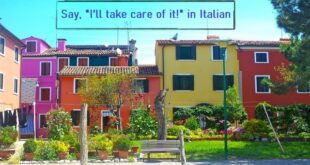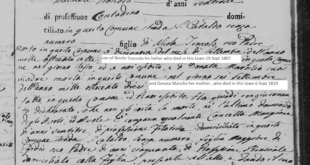In Part I, we discussed getting Dad on Medicaid. Now that Dad is on Medicaid, we can shift our focus to Mom because after all these years of taking care of Dad, her health is failing.
Let’s further assume that Mom is still in the home that dad transferred to her and the kids have been doing the following two things to keep her in her home: first, delivering care to her individually as in-home caregivers, and second, lending Mom money so that the real estate taxes and upkeep on the home can be paid.
Now let’s assume Mom needs to go into to a skilled care facility. We have three competing objectives: (1) making Mom eligible for Medicaid, (2) preserving some of Mom’s assets, and (3) paying the children back for some of the assets that they advanced Mom by keeping her in her own home.
The first objective of getting Mom on Medicaid will depend on how many assets mom has. Once Dad is approved for Medicaid, Mom should have the ability to deal with her assets freely without impacting Dad’s eligibility.
Secondly, if Mom has enough money to carry her for five years, she might be able to protect some of her assets. Even if she does not have enough money to carry her for five years, she can still protect some of her assets. How much and how we do this depends on how many assets there are. One of the tools we use to protect assets is an asset protection trust for mom. Another possible strategy is to deliberately incur a penalty period and pay through the penalty period with another portion of the assets.
Thirdly, the children can be paid back for the services and loans they provided to Mom, assuming that the children engaged in proper documentation. Proper documentation could consist of a personal services contract, documenting what services would be provided by the children, the rate at which the children are going to be paid in supporting documentation, while concurrently recording what services were delivered on time sheets properly prepared. Secondly, for loan advances by the children, a private mortgage could be placed against the property and when the house is sold, the children could be paid back, assuming that the documentation was properly done and recorded against the property by legal counsel.
After all of these steps are completed, what we have is Dad on Medicaid as described in Part I and now Mom is on Medicaid as well, with the preservation of some of her assets. We also have a return to the children of both compensation for services and payback of loans from the children because everything was properly documented.
If you are contemplating the steps described above, contact an elder law attorney for the proper advice.
To contact me, call 847-292-1220, e-mail abferraro@abferrarolaw.com or visit http://www.abferrarolaw.com.
 Fra Noi Embrace Your Inner Italian
Fra Noi Embrace Your Inner Italian







